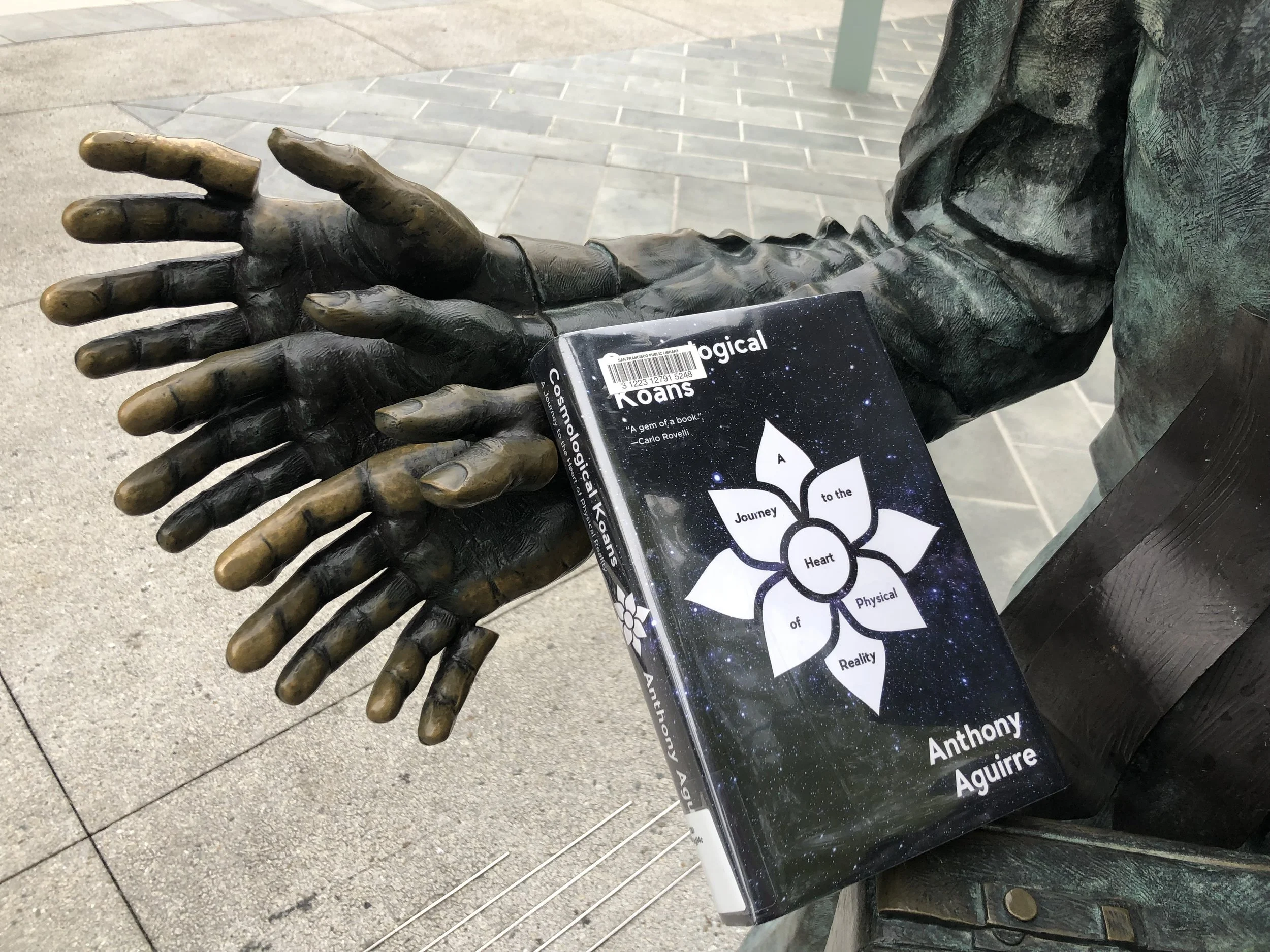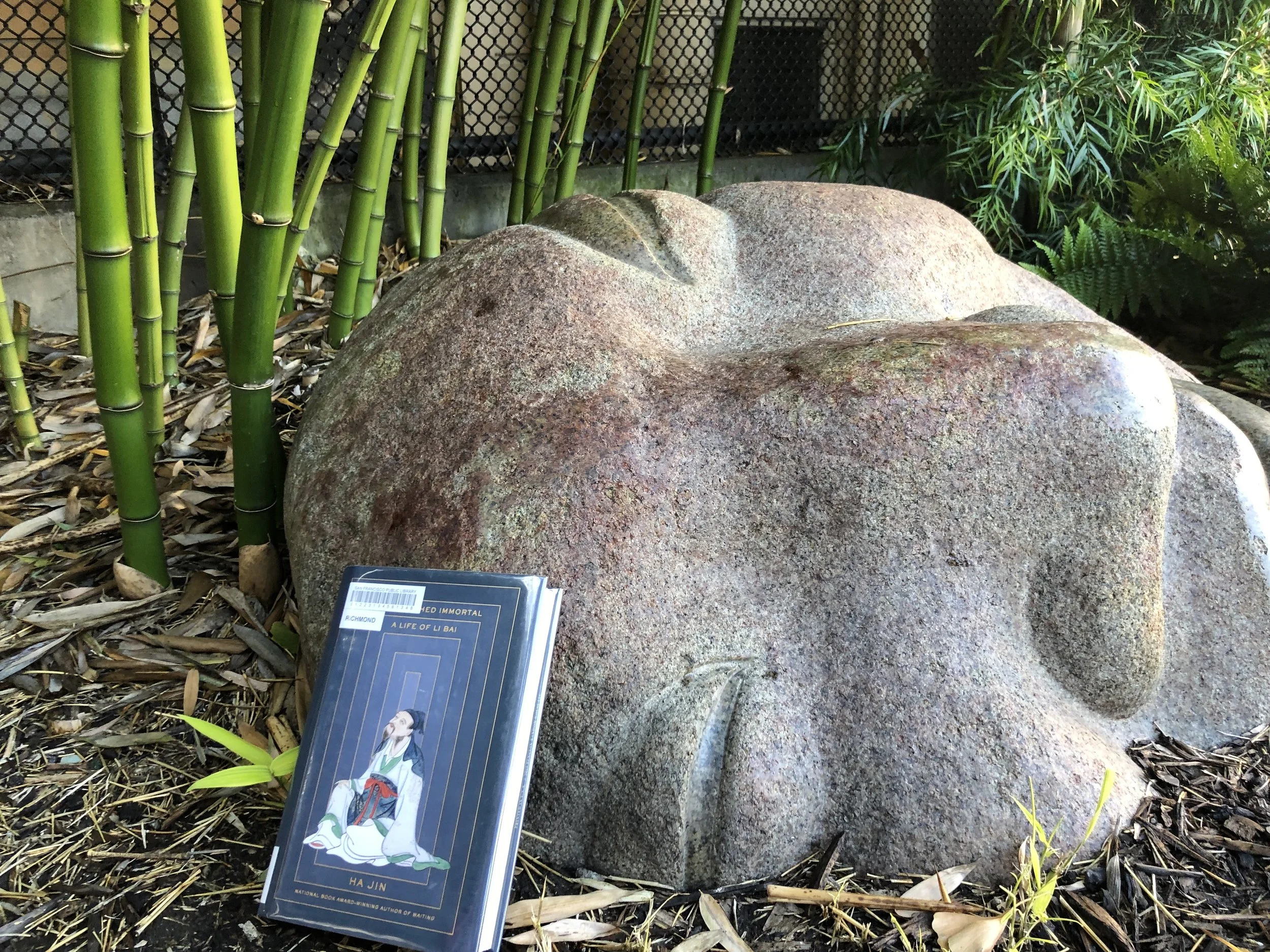Procedural Storytelling in Game Design
The other huge strength of procedural generation, to me, is that it creates too many possibility spaces for the designers to decide what is best. I do not like spending my time in a video game trying to guess what the designer wants me to do. That can sometimes be inevitable, but it still frustrates me when I start seeing the various gameplay inputs as tiny puzzles with a golden-path narrative outputs.
I am not immune to this; when my own brain starts telling me to look for the optimal route so I’m rewarded with seamless narrative breadcrumbing and cohesively designed narrative, I know I am not treating the emergent story like my story but like a book that I have to tape back together to read.
Read More
How to Hide an Empire
So if you’re trying to decide whether to read this book, the answer is definitely yes do it. If you want a direct thesis sentence to help you, here it is:
[G]lobalization, in turn, depended on key technologies devised or perfected by the U.S. military during the Second World War. These were, like synthetics, empire-killing technologies, in that they helped render colonies unnecessary. They did so by making movement easier without direct territorial control.
That’s pretty much it. I can’t summarize how we got here, because that’s the book’s job, dude. Go read it. It's fun (and also horrifying). You'll learn things (horrifying things). What else is there?
Read More
Factory Girls
Factory Girls twines a contemporary movement with a personal journey. It gives a reader a dozen different entryways into one esoteric aspect of modern China. Whether the literal description of life in a Chinese factory becomes ten years out of date or two hundred, the stories of people, of chuqu, of finding your way, are timeless. Factory Girls will not age, and it will not disappoint.
Read More
The Great Hunt
It’s risky to extrapolate my enjoyment of Lanfear, considering that I do not know where the books ultimately go but lots of other people definitely do: maybe Lanfear will miss the Medea or Elphaba treatment and be saddled by the standard “foul temptress gets an ironic comeuppance” character arc. Or perhaps she will be the bland metonym for never being so evil that you are unable to be redeemed? Forsaken, until you aren’t:
Read More
You Look Like a Thing and I Love You
This paragraph took about...six hours of tinkering to create. I will say that, at the point this was being spit out, I did not think my grand experiment was worth it. I mean, I was thrilled i got anything to work (see above, wherein I produced nothing but sequential numbers), but this sample of my trained model was pretty raw. Perhaps you could separate out some of the parts about “pizza,” “burgers,” and “my tights” to tell a story. But it wouldn’t be a very good one. I want you to see, warts and all, the nonsense I had to pick through to dredge up a few good lines. Context, thy name is not Machine Learning.
Read More
The Eye of the World
The Wheel of Time, the High Fantasy series equivalent of Moby Dick at least in terms of wordcount, has popped up enough times for me lately for me to give it a serious look: “One thing we can do. We can try. What seems like chance is often the Pattern. Three threads have come together here, each giving a warning: the Eye. It cannot be chance; it is the Pattern.” And so I’ll start this journey, for the second time. I’ve read up until at least book six—possibly eight, because I at least recognized that cover—of the fourteen novels. The first book, The Eye of the World, still does as good a job setting everyone up, building out a world, and having as silly a climactic battle as it did when I was sixteen.
Read More
Twitterbots: Making Machines that Make Meaning
Engagement with and understanding of more than just technical breakdowns makes for text that is often engaging regardless of your proximity to bots, AI, or ML writing. It is interesting to see how tech-minded people with a firm grasp of the humanities—rather than the near-exhausted trope of the literary stodge trying to make sense of technology—engage with cultural source. The written word isn’t treated as mere grist for the GPT-2 mill.
Read More
A Prehistory of the Cloud
Without knowing how we got to the cloud, there is no context with which to begin parsing what tech studies in the late twenty-tens should even look like. A Prehistory of the Cloud reminds the reader that for every software-as-solution, the hardware has to be somewhere. The only reason to give away this storage—shroud it with the cloud metaphor and make it appear limitless and eternal—is to incentivize each user to upload everything without thought.
Read More
Cosmological Koans: A Journey to the Heart of Physical Reality
Once you know the rules, nothing but the rules seem to make sense and all the tentative, speculative nonsense gets brushed away. But when you’re still trying to figure them out? Anything that holds together for more than a moment feels etched in granite.
Read More
Wordslut: A Feminist Guide to Taking Back the English Language
The writing is ultracasual, colloquial, conversational. Its subject matter is linguistic didacticism, phonetic gestalts, Sapir-Whorf boundaries. The writing takes deep and engaging subject matter and makes it approachable. Most importantly, it is fun to read.
Read More
The Fall of Language in the Age of English
Close attention to the text—constant engagement with the language itself rather than just the concepts the text is attempting to explain—is what it means to actually read a book.
Read More
Women, Fire, and Dangerous Things: What Categories Reveal About the Mind
Unlike cricket, which technically I suppose I only vaguely understand, the category termed objectivist means almost nothing to me. Meant. Meant almost nothing to me, before this book. So when I say a solid third of this book is spent dismantling objectivism, well, it’s not fun for the neophyte. Have you ever heard someone talking—at length—about why Sachin Tendulkar, given modern bowls, should be considered as good a batsman as Don Bradman? You might end up knowing a bit about both Bradman and Tendulkar if you put your mind to deciphering their discourse, but you probably won’t walk away learning any fundamentals of cricket, the sport of choice for the two I just mentioned.
Read More
GRAINS OF GOLD: TALES OF A COSMOPOLITAN TRAVELER
Grains of Gold: Tales of a Cosmopolitan Traveler is not a book to recommend; it cannot be skimmed. Ever. Almost to the point of being purposefully cheeky, the fascinating is muddled together with the mundane and tedious. Perhaps the author realizes that a reader will appreciate knowledge more when they must work for it.
Read More
Drunk Tank Pink: And Other Unexpected Forces that Shape How We Think, Feel, and Behave
There is absolutely no thought given to what a person reading Drunk Tank Pink might be interested in reading. It is as if the hypothetical reader were interested solely in conclusions to the exclusion of any sort of depth; a study guide for the author’s multiple choice midterm, perhaps.
Read More
The Banished Immortal: A Life of Li Bai
Even in the underworld
Old Ji still brews wine.
But Bai is not down there yet,
So who do you sell it to?
Read More
The Wolf Border
The clenched pace induced by the clipped sentences, the pages of panting tension after rather languid novel; it makes the heart race.
This draws a subtle line across The Wolf Border, carving out a space of high literature within a compelling novel. Rachel sees as the reader sees. She constructs—her fear palpable—a dramatic scenario from nothing. What is writing, what is reading, other than that self-same creation? Both are visions wrought by solely by ink.
Read More
Magpie Murders
It isn’t that the action or plot or characters are new or unique; they aren’t. What’s new is the acknowledgement—the anticipation—of how audiences will interact with the conventions of the mystery genre, and how Magpie Murders leans into those conventions to make something new.
Read More
I AM ERROR
I AM ERROR elucidates the functional, physical aspects of the Famicom and applies that knowledge onto the end product; it is why Mario looks the way he looks, or moves the way he moves; why the bushes and clouds in Super Mario Bros. are made from the same tiles.
Read More


















